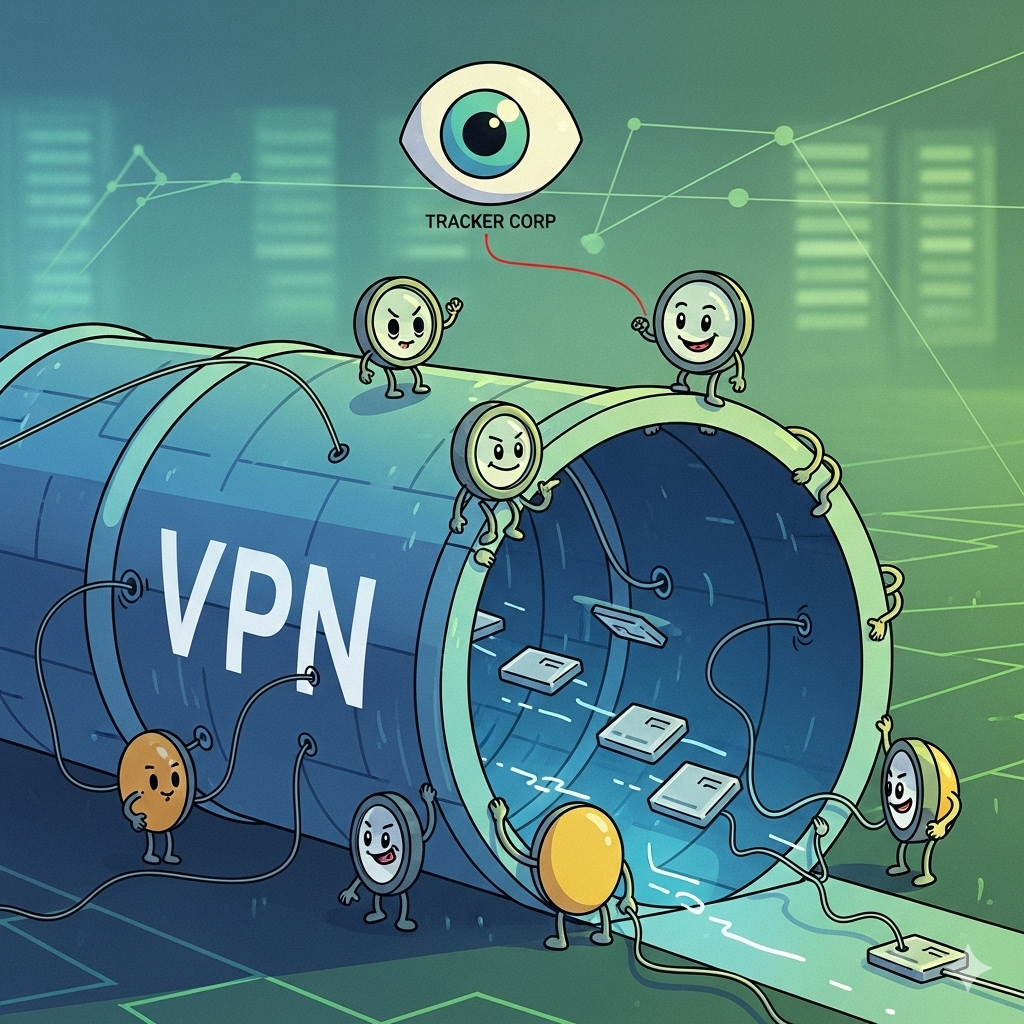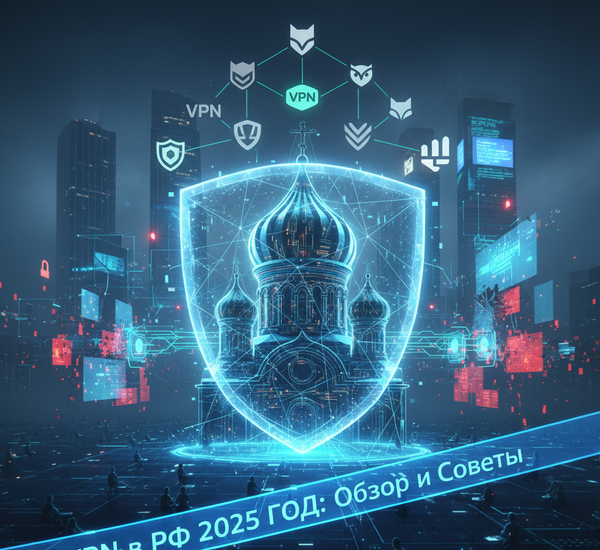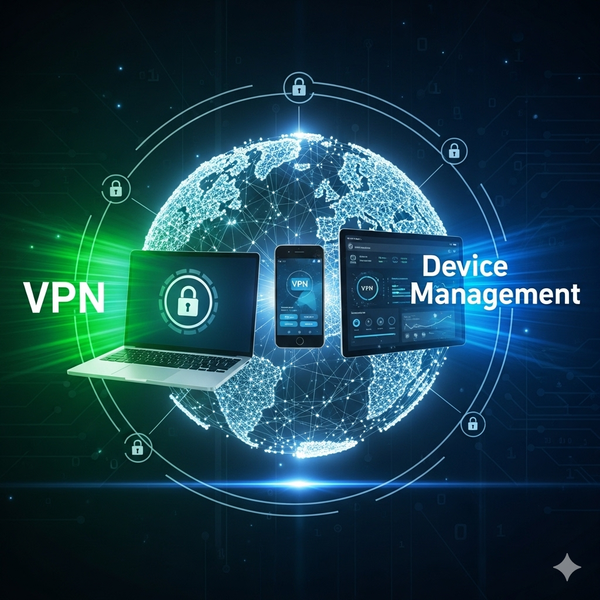VPNs Can Be Tracked: The Hidden Truth About Your Online Privacy

The Illusion of Anonymity
In the age of digital surveillance, a VPN has become the go-to tool for anyone looking to reclaim their privacy online. The promise is simple and appealing: hide your IP address, encrypt your traffic, and browse the internet as an invisible entity. You might have heard countless times that a VPN makes you untraceable, a shield against hackers, advertisers, and even governments. However, this widely accepted belief is often based on a misunderstanding of how these services work. The truth is more complex, and a surprising number of people are unaware that under certain circumstances, a VPN can be tracked.
While a VPN is an essential part of any modern privacy toolkit, it is not a magical cloak of invisibility. The claim that vpn can be tracked is not an exaggeration but a reality stemming from various technical vulnerabilities, flawed policies, and even user error. The level of your online anonymity is not just determined by the tool you use, but by how you use it and, crucially, the integrity of the tool itself. Many free or unreliable services can introduce risks you never even knew existed, making you even more vulnerable than you would be without them.
This article will pull back the curtain on the hidden ways your online activity can be compromised even while using a VPN. We will explore the technical reasons why vpn can be tracked, from subtle data leaks to a provider's logging policies. By understanding these risks, you can make informed decisions to truly protect your digital footprint.
To stay safe, you need a service that prioritizes your privacy above all else. A great example of a dependable service is Winston VPN, which you can check out via their Telegram bot at https://t.me/vpn_winston_bot. It’s a great option for those looking for a service they can rely on. With a 3-day free trial, it’s a great way to see how a quality VPN can provide real security and peace of mind. Plus, you can connect up to 5 devices on a single subscription, ensuring that your data is protected whether you're on your phone, laptop, or tablet. They offer access to blocked websites and a strong commitment to keeping your data secure. As we delve into the reasons why a VPN can be tracked, you'll see why choosing a trustworthy provider is the most critical step you can take.
How VPNs Can Be Tracked: The Technical Deep Dive
The idea that a VPN can be tracked might seem contradictory, but the risks often lie in the finer details of how these services operate. While a good VPN creates a secure tunnel for your data, there are several ways this tunnel can be compromised, either by accident or design. Understanding these technical vulnerabilities is key to knowing how to protect yourself.
IP Leaks: The Silent Breach
One of the most common reasons vpn can be tracked is due to IP leaks. A VPN is supposed to mask your real IP address, but sometimes, a misconfiguration can cause your device to inadvertently reveal it.
- DNS Leaks: When you type a website address like www.google.com into your browser, your computer sends a request to a Domain Name System (DNS) server to find the site's IP address. If your VPN isn't properly configured, this request can bypass the secure tunnel and go directly to your Internet Service Provider (ISP), exposing your activity.
- IPv6 Leaks: Most of the internet still uses the older IPv4 protocol, but the newer IPv6 is becoming more common. If your VPN only supports IPv4, your IPv6 traffic might leak outside the tunnel, revealing your real IP address.
- WebRTC Leaks: WebRTC (Web Real-Time Communication) is a technology that allows browsers to communicate directly with each other. It's great for things like video calls, but it can also reveal your real IP address, even when you are connected to a VPN. This is a subtle but very real way vpn can be tracked.
A reliable VPN, like Winston VPN, is designed to prevent these leaks. Their robust technology ensures that all your data, including DNS and WebRTC requests, stays within the encrypted tunnel, providing a solid defense against these common vulnerabilities. You can give it a try with a 3-day free trial just by visiting their Telegram bot at https://t.me/vpn_winston_bot. It's a risk-free way to test a service that truly protects your online identity.
Traffic Analysis and Correlation
Even if there are no leaks, an attacker with enough resources can use sophisticated methods to try and de-anonymize you. This is known as traffic analysis. While your data is encrypted, the patterns of your data flow are not. An observer can see the size, timing, and destination of your data packets.
For example, if you connect to a VPN server and then, a few seconds later, an encrypted data stream of a specific size appears on a remote server, an observer might be able to link the two activities. They can correlate the traffic entering the VPN server with the traffic leaving it. This method is incredibly difficult and requires a high level of expertise, but it is a technique that can make it possible to determine that a vpn can be tracked if an attacker is persistent enough.
Logging Policies and Legal Requirements
Perhaps the most significant risk to your privacy comes from the VPN provider itself. Many providers claim to have a "no-logs" policy, but not all of these claims are honest or accurate.
- What is a "No-Logs" Policy? A true no-logs policy means the provider does not store any information about your online activities, such as the websites you visit, the files you download, or your connection timestamps.
- Why is it a risk? If a provider does log your data, they can be legally compelled by a government or law enforcement agency to hand over that information. This is how a vpn can be tracked at the source. If the provider has your data, your anonymity is an illusion.
This is why choosing a VPN with a strict, independently audited no-logs policy is crucial. When a service is willing to have its claims verified by a third party, it shows a real commitment to user privacy. Choosing a provider that offers access to blocked sites while also protecting your data from prying eyes is the only way to ensure your digital security. Winston VPN offers a commitment to these principles, allowing you to connect up to 5 devices per subscription, so you can protect all your technology.
Server Vulnerabilities
Finally, the security of the VPN tunnel depends on the security of the servers themselves. If a server is compromised by a hacker, it can expose user data. A VPN provider's physical and digital security measures are just as important as their software. A poorly configured server, or one with a security vulnerability, can be a weak link in the privacy chain and a point where a vpn can be tracked.
In the next section, we will explore the human factor—the ways in which your own behavior can compromise your privacy, even when using a robust VPN.
The Human Factor: Why You Might Be Your Own Biggest Risk
It’s easy to blame technology for our privacy woes, but the truth is that a significant number of tracking incidents happen not because the technology failed, but because of how we use it. The idea that a VPN can be tracked often comes down to user error or a simple lack of awareness about the broader digital landscape. Your own actions, or inactions, can be the biggest weak link in your security chain.
User Error and the Kill Switch
One of the most common user errors is not enabling the kill switch. A kill switch is a crucial VPN feature that automatically disconnects your device from the internet if the VPN connection drops unexpectedly. Without it, your device will default back to your unencrypted, ISP-provided connection. This brief moment is all a tracker or hacker needs to see your real IP address and compromise your identity. If you're downloading a large file or browsing a sensitive site, and the VPN suddenly disconnects, your activity is instantly exposed. This is a primary way a VPN can be tracked by a third party.
Browser Fingerprinting: More Than Just an IP Address
Even with the most secure VPN, your browser can still give you away. Browser fingerprinting is a sophisticated technique that gathers unique information from your browser, such as:
- Your browser type and version
- Your installed fonts
- Your screen resolution
- Your time zone and language settings
When combined, these data points create a unique "fingerprint" that can be used to identify you across different websites and sessions, regardless of your IP address. This means a website could still know it's "you" visiting, even if your VPN has successfully masked your location. This is a very subtle but effective method where a VPN can be tracked, not by compromising the VPN itself, but by bypassing it entirely.
Malicious VPNs: The Wolf in Sheep's Clothing
The market is flooded with "free" VPN services, and for many users, the price tag is too appealing to resist. However, as the saying goes, "if you're not paying for the product, you are the product." Many free VPNs log user data and sell it to advertisers or other third parties. They may even inject malware or ads into your browsing sessions. You might think you're protecting your privacy, but you're actually giving your data away to a service whose business model is built on selling it. This is the most direct and dangerous way a VPN can be tracked, as the service you trust is actively working against your interests.
This is why it's so important to choose a provider you can trust. Winston VPN is a great example of a service that puts user privacy first. Unlike many free alternatives, it offers a secure and reliable connection without compromising your data. You can connect up to 5 devices on a single subscription, ensuring that your data is protected on all your devices. Plus, it provides access to blocked websites and a 3-day free trial so you can experience a secure service without any risk. Just visit their Telegram bot at https://t.me/vpn_winston_bot to get started. By using a reputable service and understanding the human factor, you can significantly reduce the chances of a VPN can be tracked and truly secure your online presence.
How to Stay Anonymous: Best Practices for True Privacy
Simply using a VPN is only half the battle. To truly protect yourself and ensure that a VPN can be tracked is a non-issue, you need to combine the right tools with smart online habits. Achieving genuine anonymity is a multi-layered process, and each step you take adds another layer of security.
1. Choose a Reputable VPN with a No-Logs Policy
This is the most critical step. As we've discussed, a free or untrustworthy VPN can do more harm than good. When selecting a VPN, look for these key indicators of reliability:
- Strict, Audited No-Logs Policy: This is non-negotiable. A company that is willing to have a third party audit its no-logs policy is one you can likely trust. They are putting their reputation on the line to prove they don't store your data.
- Location: The country where the VPN company is based matters. Look for providers in countries with strong privacy laws and no mandatory data retention laws, which can compel a company to log and share user information.
- Advanced Features: Make sure the VPN offers a kill switch, DNS leak protection, and other advanced features to protect against the vulnerabilities we've discussed.
A great example of a service that ticks all these boxes is Winston VPN. It’s built with a strong focus on security and privacy, providing access to blocked sites while protecting your data. You can try it for yourself with a 3-day free trial by checking out their Telegram bot at https://t.me/vpn_winston_bot. It's a risk-free way to test the difference a quality, privacy-focused service can make.
2. Use a VPN in Conjunction with Other Privacy Tools
A VPN is a powerful tool, but it works best when combined with other security measures.
- Privacy-Focused Browser: Use a browser like Brave or Firefox with enhanced privacy settings to block trackers and browser fingerprinting.
- Secure Search Engine: Switch to a search engine that doesn't track your queries and create a profile of you, such as DuckDuckGo or StartPage.
- HTTPS Everywhere: Make sure you are always using sites with HTTPS encryption. This protects your data between your device and the website server.
3. Develop Smart Online Habits
Your own behavior can be your best defense against tracking.
- Be Mindful of What You Share: Avoid sharing personal information on public forums or social media. This data can be used to piece together your identity.
- Don't Click Suspicious Links: Phishing and malware attacks can compromise your device, making any VPN ineffective.
- Keep Your Software Updated: Software updates often include security patches that protect against new vulnerabilities. An outdated operating system or app can be a backdoor for hackers.
By adopting these practices, you can significantly reduce the chances that a VPN can be tracked, making your online presence truly private. In the next section, we will recap why a comprehensive solution like Winston VPN is a great step toward taking control of your digital life.
Conclusion: The Takeaway on VPNs and Tracking
The central message of this article is clear: yes, a VPN can be tracked, but this isn't a reason to abandon them. Instead, it's a call to be more informed and proactive about your online security. The illusion of a magical, one-click solution for total anonymity is what makes people vulnerable. True digital privacy is a continuous effort that requires a combination of reliable tools, smart habits, and a clear understanding of the risks.
We have explored the various ways vpn can be tracked, from technical vulnerabilities like IP leaks and traffic analysis to human errors and malicious services. The key takeaway is that your anonymity is only as strong as the weakest link in the chain. This chain includes not only the VPN service you choose but also your own actions and the security of your devices.
A great VPN service acts as a foundation, a strong first line of defense that encrypts your traffic and masks your IP address. But it is your responsibility to build upon that foundation by using a secure browser, being cautious about the data you share, and keeping your software updated.
When choosing a service, always prioritize providers with a strict, audited no-logs policy and a commitment to user privacy. Winston VPN is a prime example of a service that provides this level of security. With a 3-day free trial, you have the opportunity to experience a service that not only gives you access to blocked websites but also offers robust protection for your data. You can connect up to 5 devices on a single subscription, ensuring that your privacy is secured across all your platforms.
By taking control of your digital footprint and using a reliable service, you can significantly reduce the chances that a vpn can be tracked and truly reclaim your online privacy. Take the first step toward a more secure online life today. You can find out more and start your free trial by visiting their Telegram bot at https://t.me/vpn_winston_bot.


